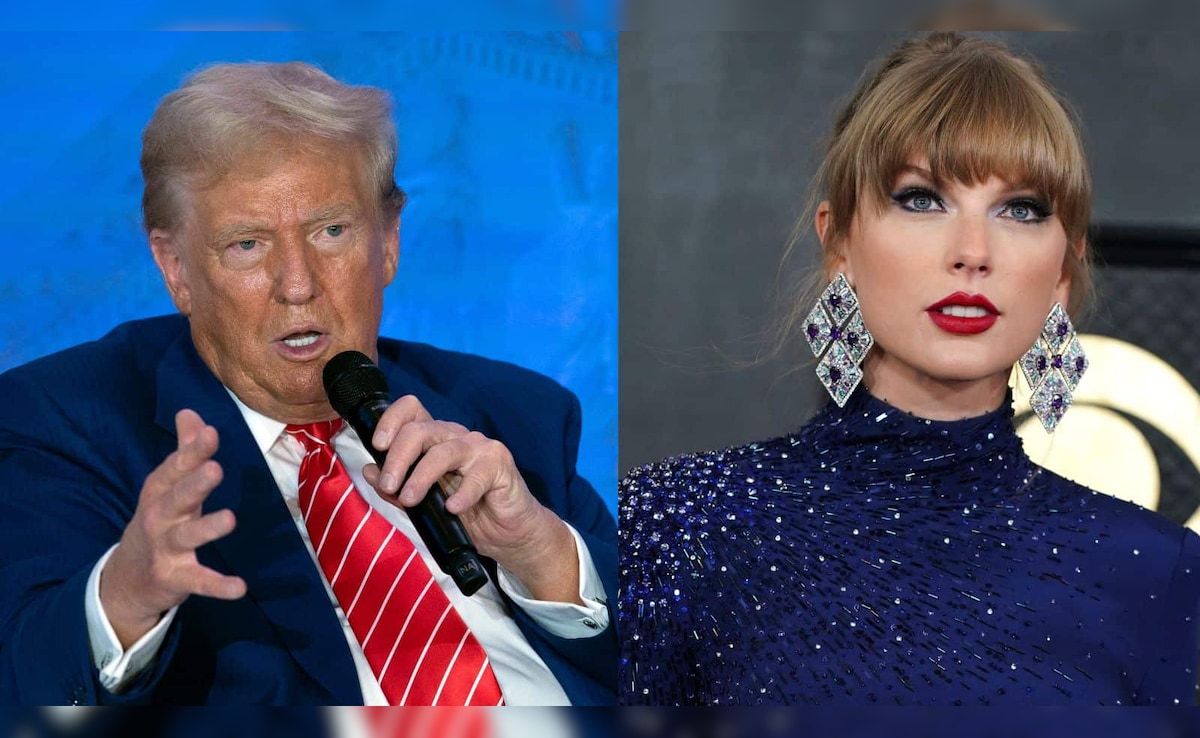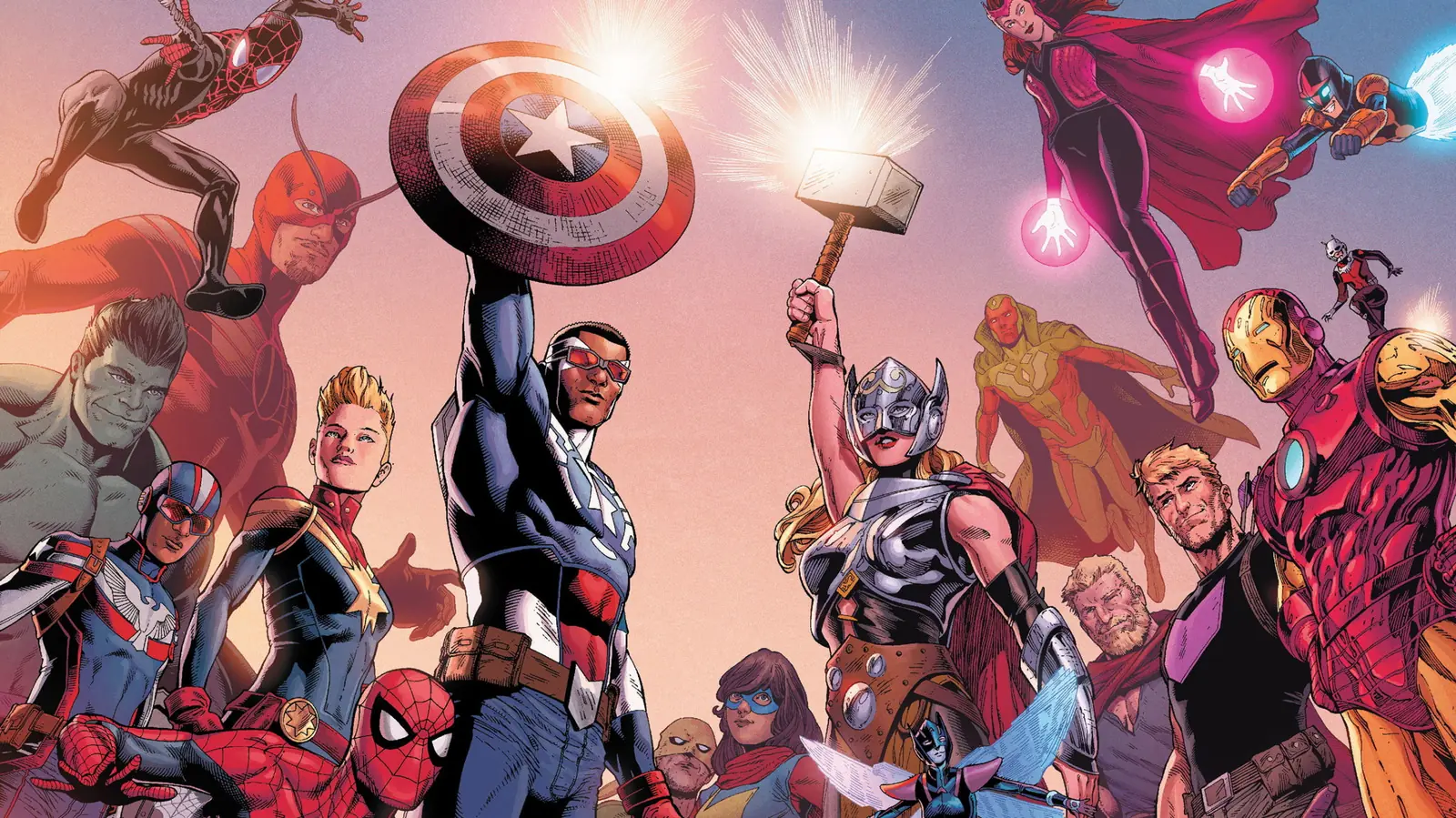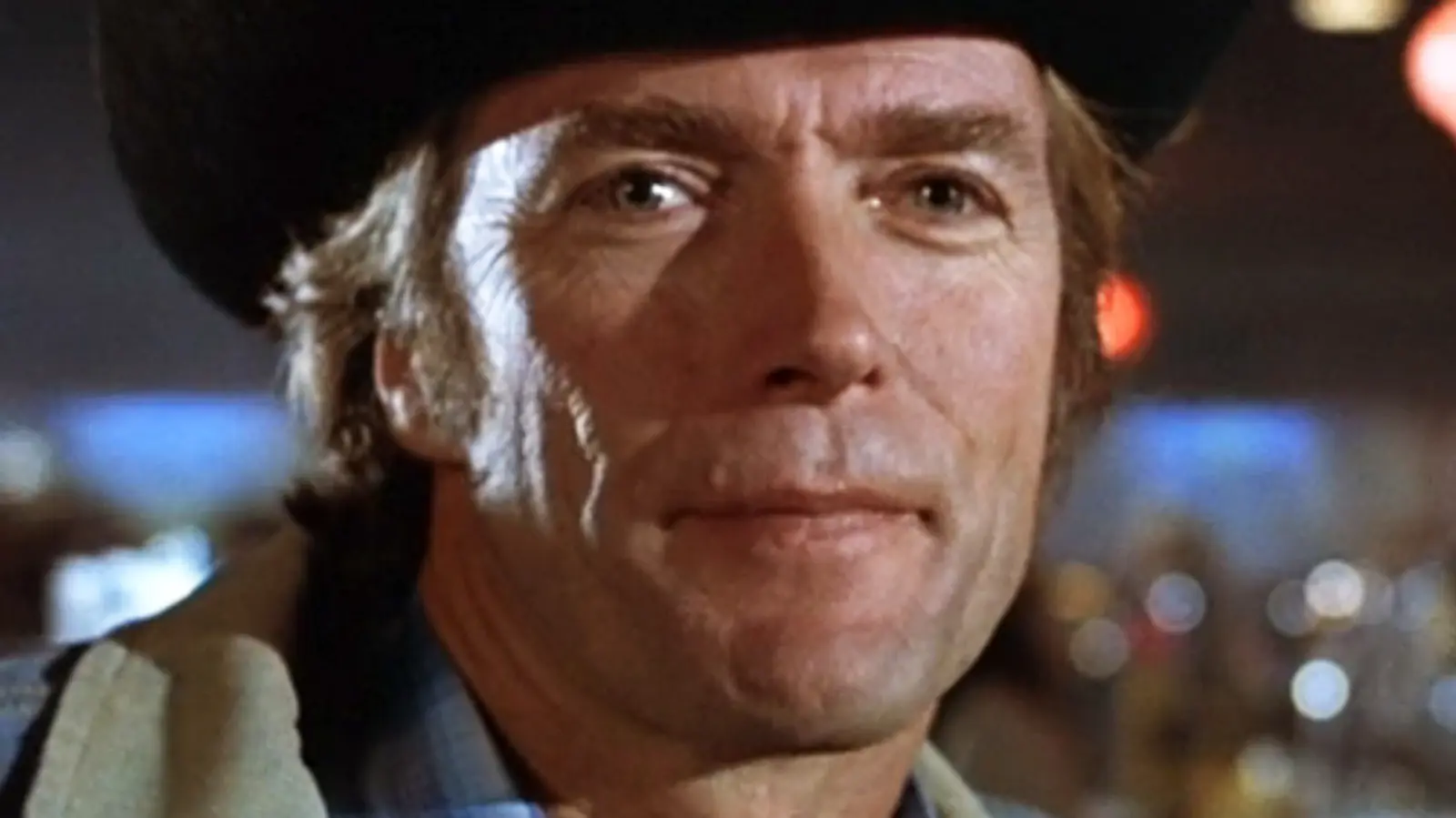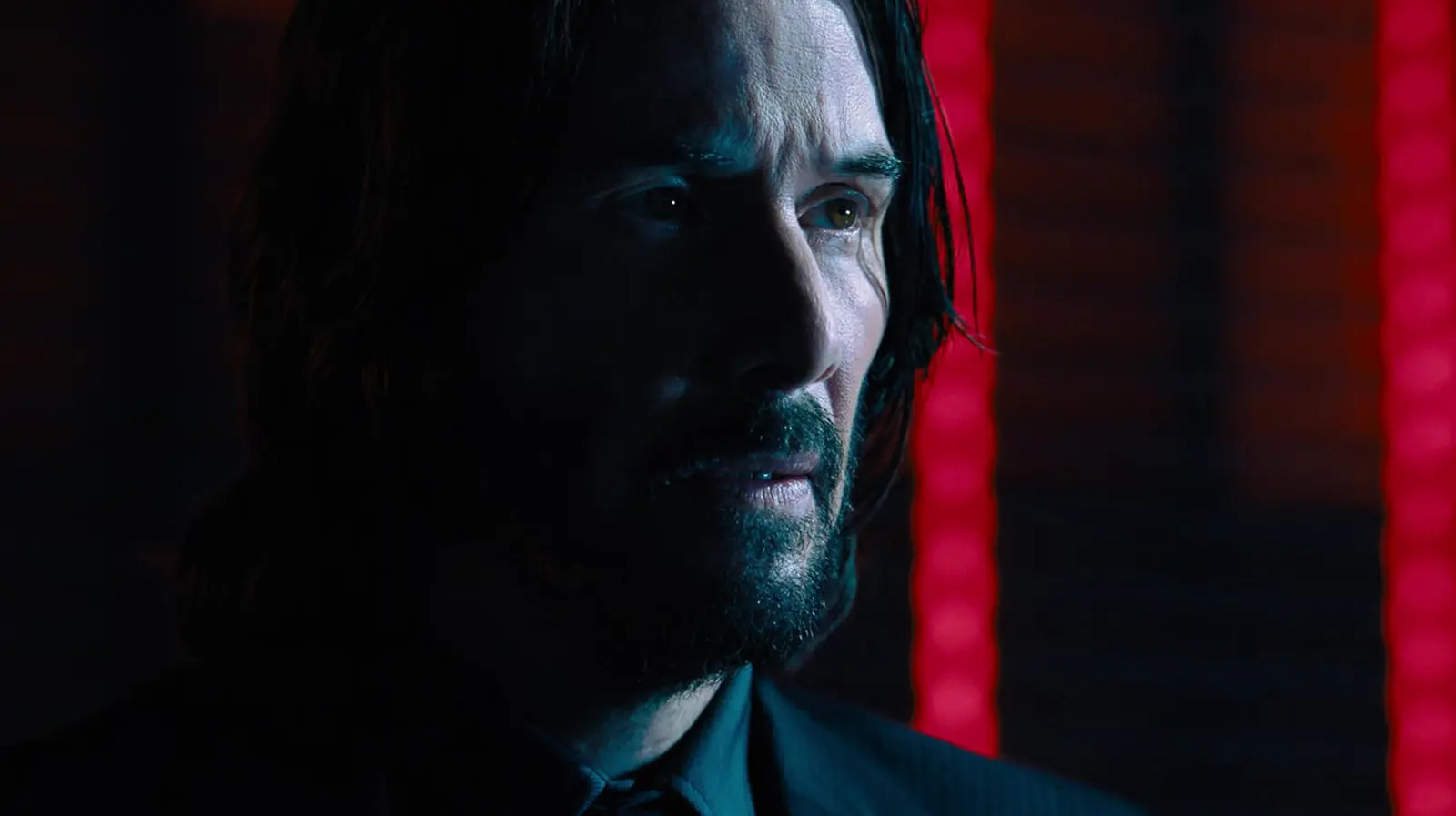In a turn of events that seems to repeat like a recurring theme, former President Donald Trump has once again directed his verbal jabs toward pop icon Taylor Swift. Known for his direct and often controversial remarks, Trump has reignited his longstanding critique of the singer, making headlines with his recent comments during a conversation which, as many anticipate, is not likely to go unnoticed by Swift’s legion of fans.
During his recent remarks, Trump commented, “She is no longer hot,” referring to Taylor Swift. Such statements underscore the lingering tension between the two public figures, a dynamic that has become a cultural touchpoint for political and entertainment news over the years. The former president’s comments seem to echo his previous discussions about Swift, thereby renewing public interest in their relationship and provocatively inviting reactions from both sides.
Historically, the discord dates back to several contentious exchanges. Swift, known for her assertive social and political stances, particularly her comments regarding political figures, has previously voiced her criticisms of Trump’s policies and actions during his presidency. Most notably, Swift made an impact when she began speaking out on political issues, marking a significant transformation from her earlier, more reserved public persona concerning political matters.
For those keeping score, Swift’s foray into politics became significantly apparent during the 2018 midterm elections. In a powerful post to her millions of followers on social media, she condemned Trump-endorsed candidate Marsha Blackburn while endorsing Blackburn’s opponent in the Tennessee Senate race. Her statement encouraged young voters to participate in elections, sparking a noticeable increase in voter registration shortly thereafter.
Swift’s involvement in politics did not end there. She continued to make her stance known, most notably speaking out against systemic racism and advocating for equality and justice in American society. Her shift to a more pronounced political voice has not only made her a significant figure in political discourse but has also clearly positioned her as a target for criticism from those on the opposite side of the spectrum.
Trump’s recent comments, therefore, are likely to be seen as part of this broader narrative of conflict between artists who begin to wield their influence in political arenas and political figures who may feel threatened or disagree with their viewpoints. This public spat is emblematic of larger debates in the United States about the role of celebrities in politics, the intersection of fame and influence, and the power dynamics that emerge from such encounters.
As Trump remains a central figure in the political landscape, eyeing a potential political future despite his previous defeat in the 2020 elections, his comments about Swift can be seen as part of his strategy to galvanize his base. By presenting himself as a critic of influential entertainment figures who have taken a stand against him, Trump continues to position himself as a defender against what many of his supporters perceive as Hollywood elitism.
Meanwhile, Taylor Swift has matured into a cultural powerhouse whose influence extends well beyond music. Her lyrical content, personal growth, and willingness to stand up for her beliefs offer a narrative of authenticity and empowerment that resonates with millions. As such, Swift’s evolving public persona underscores the transformative power of embracing one’s platform for causes that align with personal and collective values.
The interplay of politics and entertainment in the United States is not new; however, it is evolving with each passing election cycle as prominent figures from both arenas navigate the complex intersections of influence, activism, and public opinion. While Trump’s remarks might aim to diminish Swift’s cultural cachet, they simultaneously serve to highlight the influence she continues to wield in shaping the conversation around national issues.
Observers of this ongoing saga are left speculating on what might come next. Will Swift respond to the latest remarks, either with her characteristic wit or through her music? Or will she continue to focus on the broader social issues she has championed over recent years? Her response, or lack thereof, could further define the public perception of their enduring feud.
In the grander scheme of political and cultural discourse, the interaction between Donald Trump and Taylor Swift exemplifies the ongoing negotiation of public power within a media-driven society. As both figures navigate these waters, audiences watch with anticipation to see how their narratives unfold, offering insight into the broader cultural dynamics at play.
As the 2024 election approaches, figures like Trump and Swift, representing seemingly opposing spectrums of American cultural and political life, will likely continue to play significant roles in shaping narratives, influencing public thought, and driving the continuous dialogue between politics and pop culture.
In conclusion, Trump’s renewed criticism of Taylor Swift is more than just another headline; it’s a reflection of the complex tapestry of personal beliefs, political allegiance, and cultural influence that defines the modern age. Both Trump and Swift stand as symbols of larger movements, representing distinct facets of contemporary American identity, engaging audiences in conversations that reach far beyond lyrics or campaign speeches.






